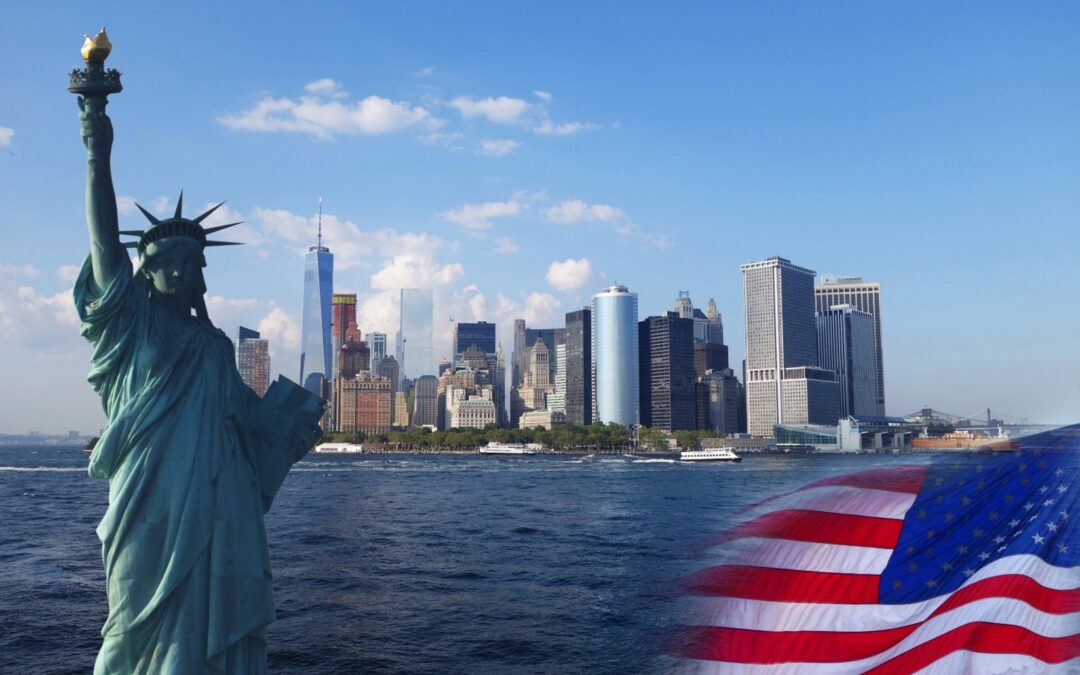The H-1B visa program has recently become a focal point of intense debate, revealing unexpected alliances and deep-seated divisions across the political spectrum.
H-1B Visa Program Overview
The H-1B visa permits U.S. employers to hire foreign workers in specialized occupations requiring advanced skills, particularly in sectors like technology and engineering. Annually, approximately 85,000 visas are issued, with a significant portion allocated to professionals from countries such as India and China.
Opposing Perspectives
Traditionally, the program has been supported by business leaders and opposed by labor advocates concerned about domestic job displacement. However, recent developments have blurred these lines. Elon Musk, CEO of Tesla and SpaceX, has emerged as a staunch defender of the H-1B system, asserting that it fuels economic growth and innovation. Conversely, figures like Senator Bernie Sanders criticize the program for allegedly suppressing wages and exploiting foreign workers.
This debate has also caused rifts within the Republican Party. While some conservatives advocate for skilled immigration to maintain U.S. competitiveness, others, including former Trump adviser Stephen Miller, oppose the program, viewing it as contradictory to “America First” principles.
Economic Implications
Research presents a nuanced picture of the H-1B program’s impact. Studies indicate that companies employing H-1B workers often experience increased innovation and growth. However, critics argue that certain employers exploit the program to outsource jobs and undercut American labor. Notably, in 2021, half of the top thirty H-1B employers were outsourcing firms, raising concerns about the program’s role in offshoring jobs.
Recent Developments
The debate intensified when President-elect Donald Trump expressed support for the H-1B program, aligning with tech leaders like Musk. This stance has sparked controversy among his base, particularly those who perceive the program as detrimental to American workers. Trump’s position underscores the complex dynamics at play, as he balances economic interests with the concerns of his supporters.
Future Outlook
The future of the H-1B visa program remains uncertain, with potential reforms on the horizon. Proposals include raising salary thresholds for visa holders and increasing costs for sponsoring employers to prevent exploitation and ensure fair compensation. As the debate continues, policymakers face the challenge of balancing the benefits of skilled immigration with the imperative to protect domestic labor interests.
The ongoing discourse surrounding the H-1B visa program highlights its significance within the broader context of U.S. immigration policy. As discussions evolve, stakeholders must navigate the intricate interplay between economic growth, labor rights, and national interests to shape a U.S. visa system that serves the collective good.

